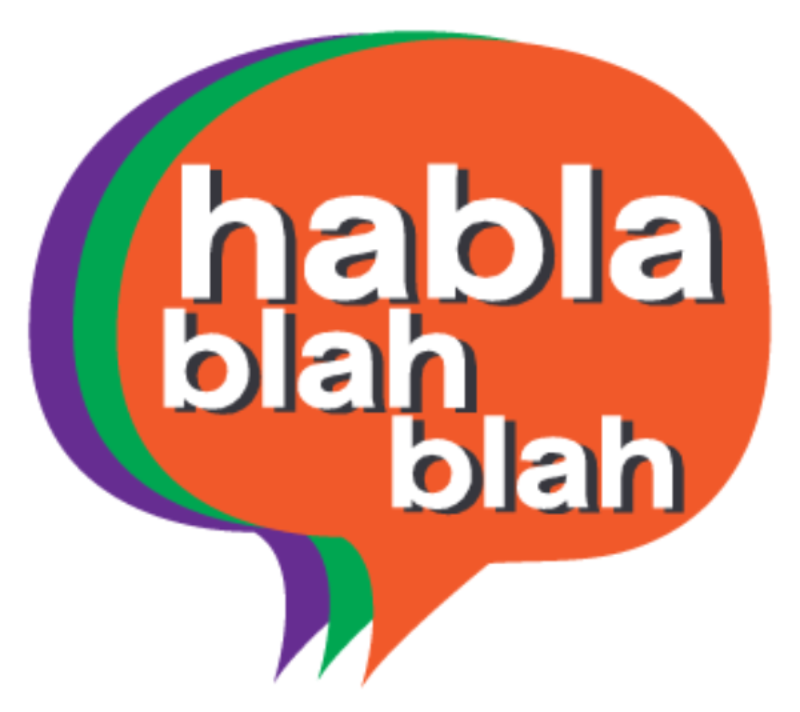In English, tones do not change the meaning of words, but in Mandarin, they do. Regardless, bilingual babies learn languages faster than monolingual babies.
This Program Is Using Music And Dance To Help Kids Learn Foreign Languages
Bilingual Birdies is using music, dance and puppetry to help preschoolers appreciate cultures from across the globe.
The foreign language and live music program teaches children basic vocabulary words in languages like Spanish, French, Mandarin, Hebrew and English with the hope of cultivating the next generation of culturally aware and open-minded adults
“They’ll not only learn new words in a second language, but they’ll also have an opportunity to broaden their worldview,” Sarah Farzam, the founder and CEO of Bilingual Birdies, said.
Farzam has fine-tuned the program for stateside locales like San Francisco and New York City, but also plans to take her program abroad to help teach English to students in Kenya and train Kenyan educators about their interactive program.
“Our work in Kenya is about serving children, training teachers and donating instruments,” she said.
Thus far, Bilingual Birdies’ Kickstarter campaign for its Kenyan program is just a few hundred dollars from reaching its $15,000 goal.
reposted from http://www.huffingtonpost.com/entry/bilingual-birdies_us_5702d089e4b0a06d58069629
Is Bilingualism Really An Advantage? The New Yorker
More States and Districts Embrace Biliteracy, Education Week
A growing number of states and school districts are promoting bilingualism by offering special recognition for high school graduates who demonstrate fluency in languages other than English.
Thirteen states now offer a "seal of biliteracy," and at least 10 more are working toward implementing a similar award. Students in nine of the nation's 10 largest school systems can earn statewide or district-level recognition with the seal affixed to their diplomas or transcripts as official proof that they can speak, read, and write in more than one language.
Being Bilingual Changes The Architecture Of Your Brain, Wired
I’D BEEN BACK from studying abroad in Mexico City for a couple of days when I asked my dad, “Can I use the lavadora?”
“The what?” He didn’t speak Spanish. I knew that, of course. I didn’t even really speak Spanish. I had barely been able to hold a conversation for most of the six months I had just spent in Mexico. So why when I needed to do laundry, the only word that came into my head was in Spanish?
“You know, the…umm…the thing that washes your clothes?” What is happening to me? I thought. How could I be forgetting English? I thought I was great at English!
The Superior Social Skills of Bilinguals, The New York Times
BEING bilingual has some obvious advantages. Learning more than one language enables new conversations and new experiences. But in recent years, psychology researchers have demonstrated some less obvious advantages of bilingualism, too. For instance, bilingual children may enjoy certain cognitive benefits, such as improved executive function — which is critical for problem solving and other mentally demanding activities.
Now, two new studies demonstrate that multilingual exposure improves not only children’s cognitive skills but also their social abilities.






